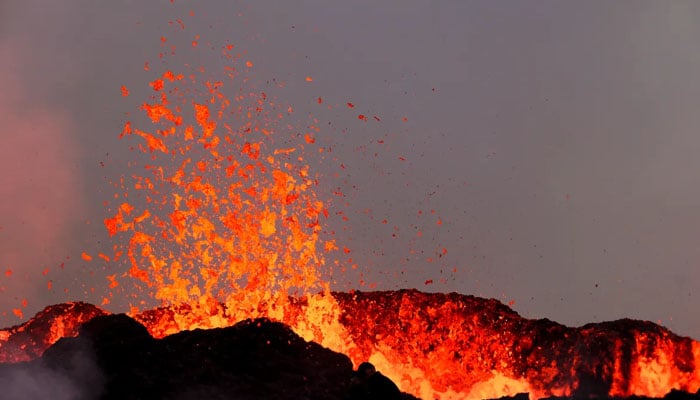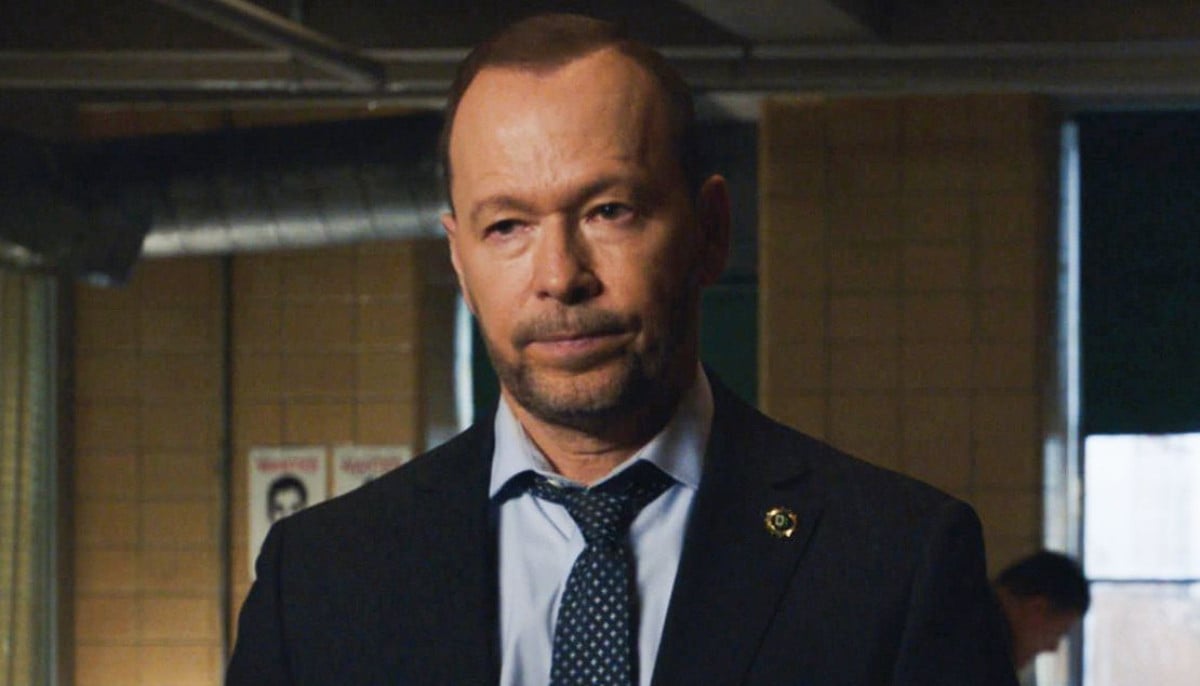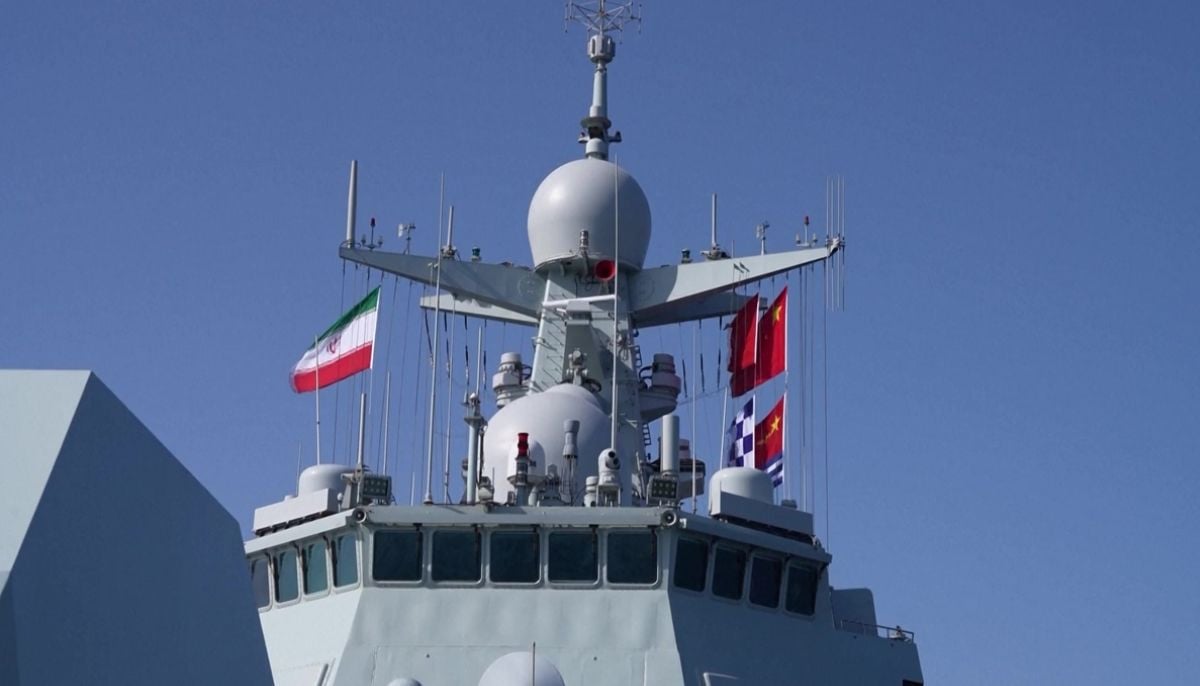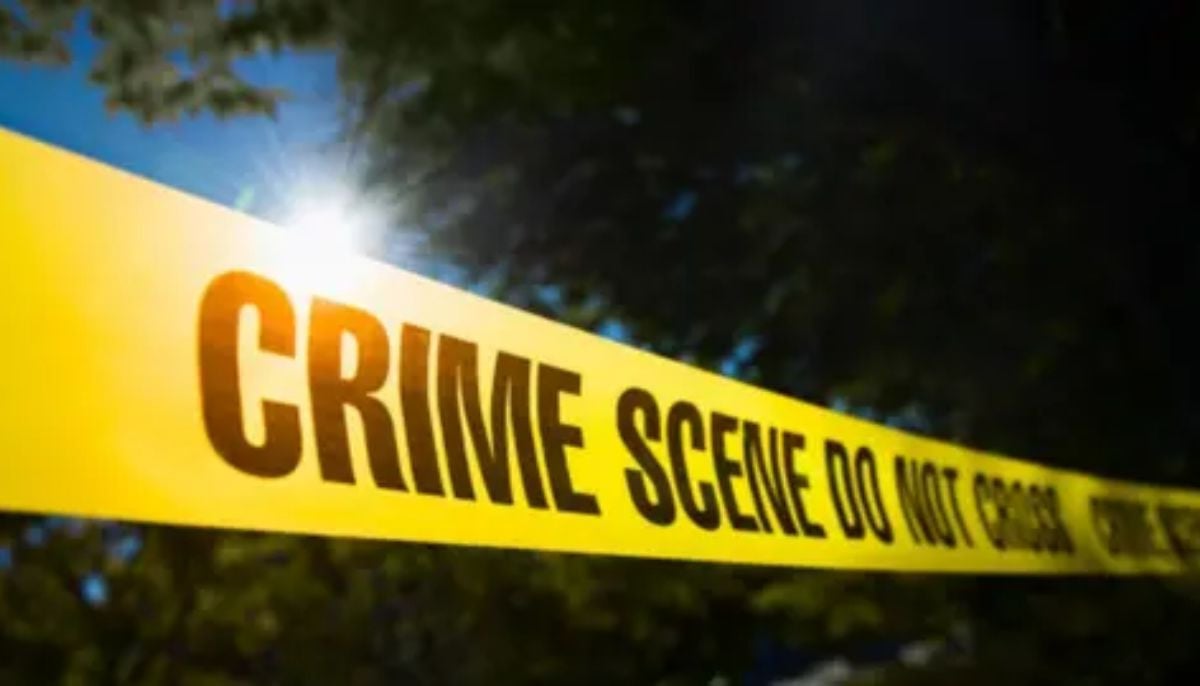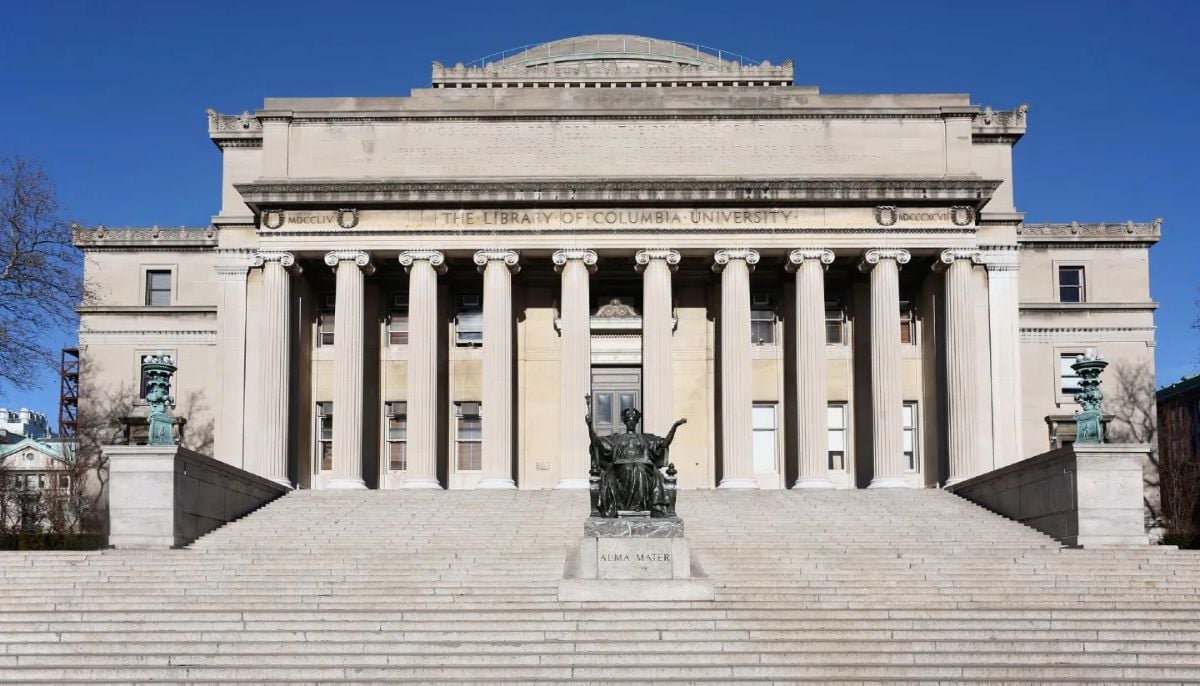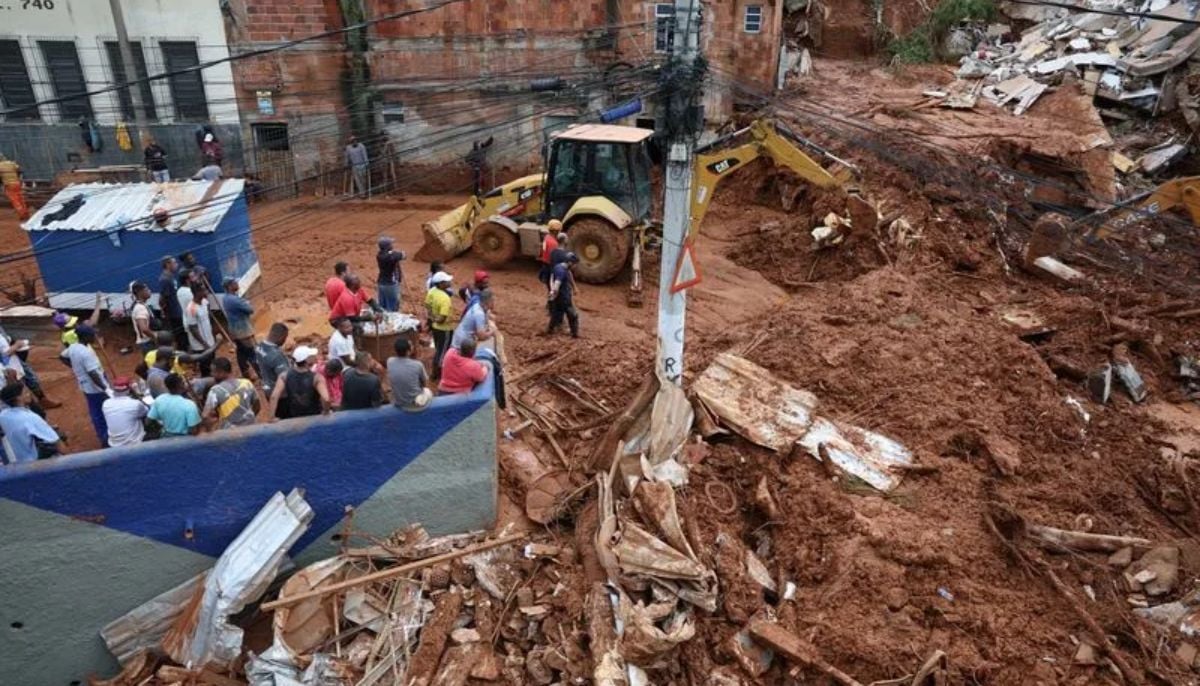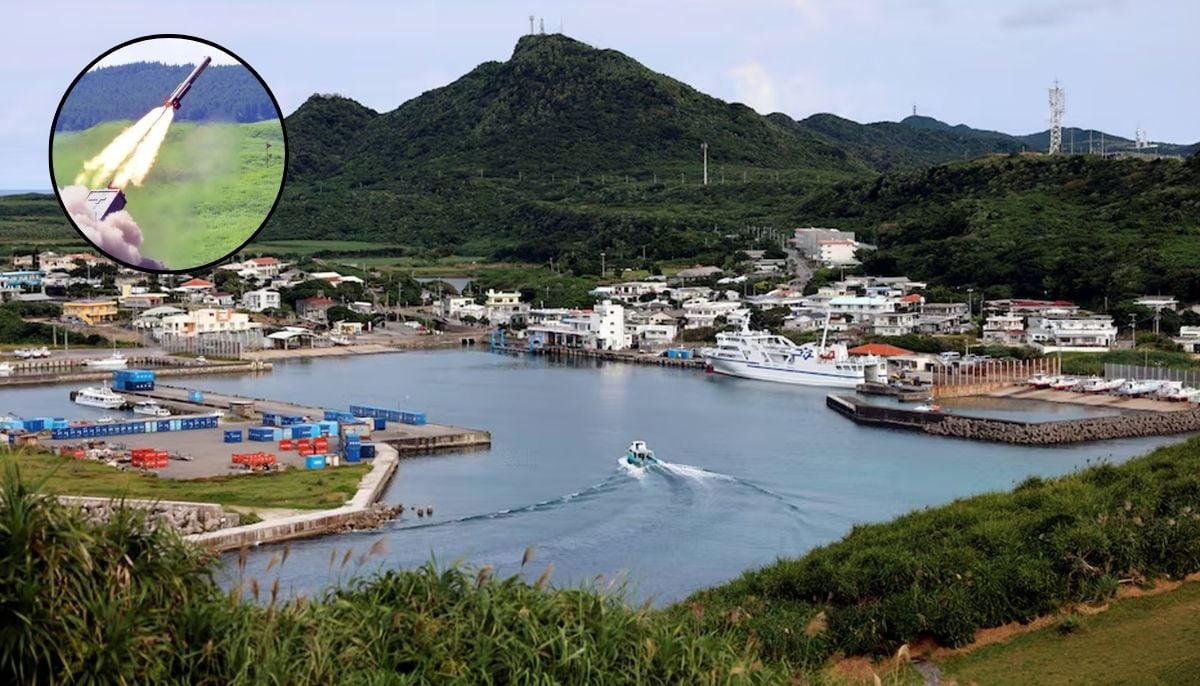Iceland volcano on verge of eruption amid swarm of daily earthquakes — what to expect?
Iceland officials say: "We have this tremendous uncertainty now. Will there be an eruption and if so, what sort of damage will occur?"
The magnitude and intensity of the seismic activity in southwest Iceland dropped on Monday, but there was still a considerable risk of a volcanic eruption because of recent earthquakes and signs of subterranean magma moving, as per the experts.
Authorities anticipated that molten rock may rise to the surface of the ground and perhaps strike a seaside town and a geothermal power station, so they evacuated about 4,000 people over the course of the weekend.
Iceland is a hotspot for earthquakes and volcanic eruptions because it is situated between two of the world's major tectonic plates, the Eurasian and the North American, which are moving in different directions.
Even if the number and strength of earthquakes are declining, the Icelandic Meteorological Office stated on Monday that there was a "significant likelihood" of an eruption in the near future on or just off the Reykjanes peninsula in the capital Reykjavik.
"We believe that this intrusion is literally hovering, sitting in equilibrium now just below the earth's surface," said Matthew James Roberts, director of the service and research division at the meteorological office.
"We have this tremendous uncertainty now. Will there be an eruption and if so, what sort of damage will occur?" he said.
According to vulcanology professor Thorvaldur Thordarson of the University of Iceland, the most current data showed a reduced danger of an eruption in the vicinity of Grindavik.
The earth shook, roads cracked, and buildings sustained structural damage in the early hours of Saturday, according to Grindavik residents, who reported being swept from their houses.
Relocating to Iceland in 1999, Hans Vera, a 56-year-old Belgian, said that his family's home was shaking nonstop.
"You would never be steady, it was always shaking, so there was no way to get sleep," said Vera, who is now staying at his sister-in-law's home in a Reykjavik suburb.
"It's not only the people in Grindavik who are shocked about this situation it's the whole of Iceland."
Approximately 70–50% of the 3,800 residents of the town were sleeping at evacuation shelters, according to a rescue official, and the majority of them had found lodging with friends or relatives.
On Sunday, evacuees were given a small window of time to return to the town and retrieve personal items including papers, medications, and pets; however, they were not permitted to drive themselves.
"You have to park your car five kilometres from town and there are 20 cars, huge cars from the rescue team, 20 policemen, all blinking lights, it's just unreal, it's like a war zone or something, it's really strange," Vera said.
Southwest of the city is the Reykjanes peninsula, a hotspot for earthquakes and volcanic activity. The Fagradalsfjall volcanic system in the area had magnificent lava fountain eruptions in March 2021 from a 500–750 metre long crack in the earth.
Thousands of Icelanders and visitors visited the region during the six months of ongoing volcanic activity in that year. The same region saw a three-week-long eruption in August 2022 and another in July of this year.
-
Four people killed in stabbing rampage at Washington home
-
Jack Hughes's proximity to Trump angers Tate McRae fans
-
Nobel-winning scientist resigns from Columbia university after Epstein links revealed
-
At least 30 dead after heavy rains hit southeastern Brazil, 39 missing
-
Japan plans missile deployment near Taiwan by 2031 amid growing regional tensions
-
Trump delivers longest State of Union address in history: Inside key details on economy, security and global strategy
-
Trump’s 2026 State of Union address: Inside key takeaways, major policy shifts & top announcements
-
Rep. Al Green removed from House chamber during Trump’s State of Union address: Here’s what happened
